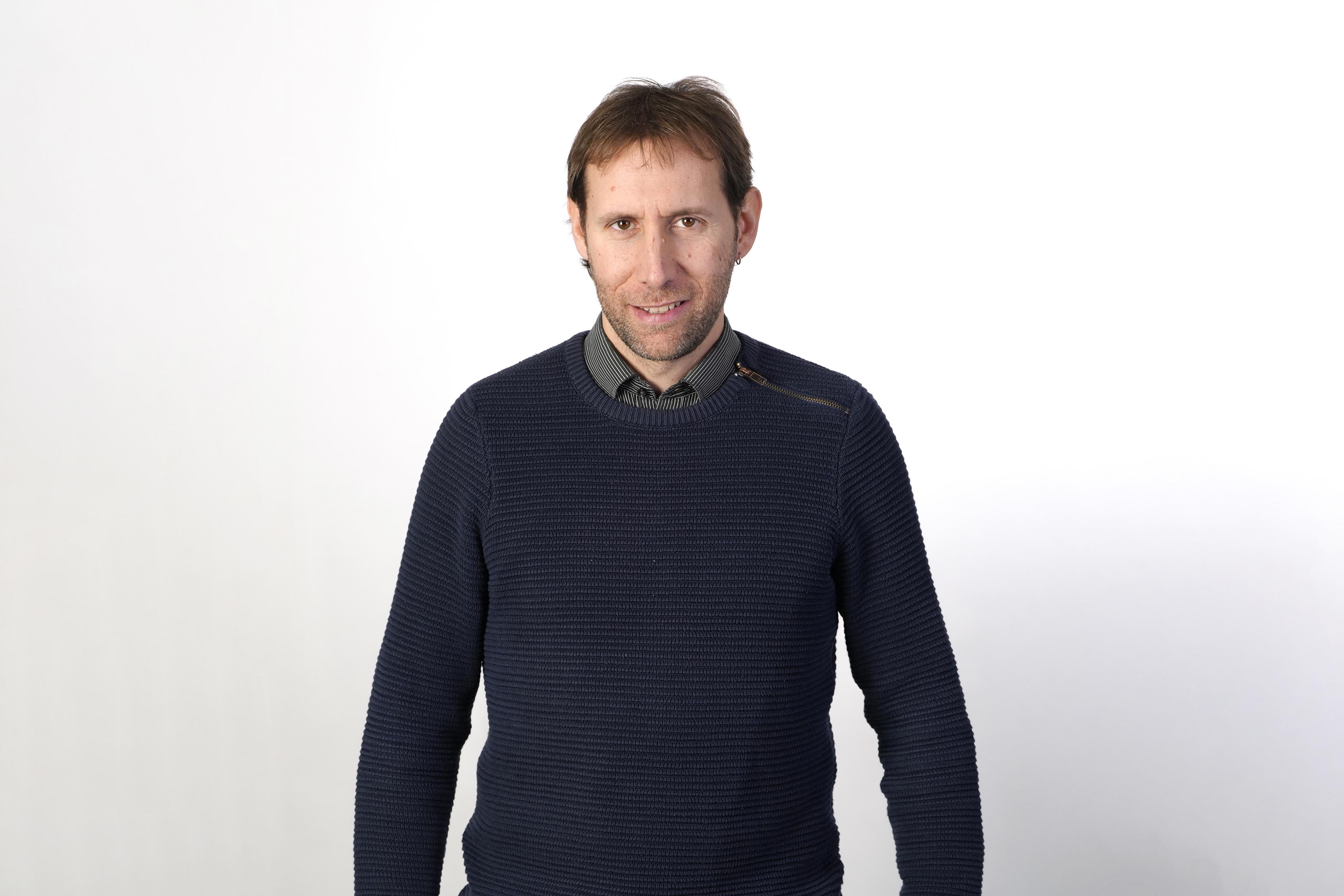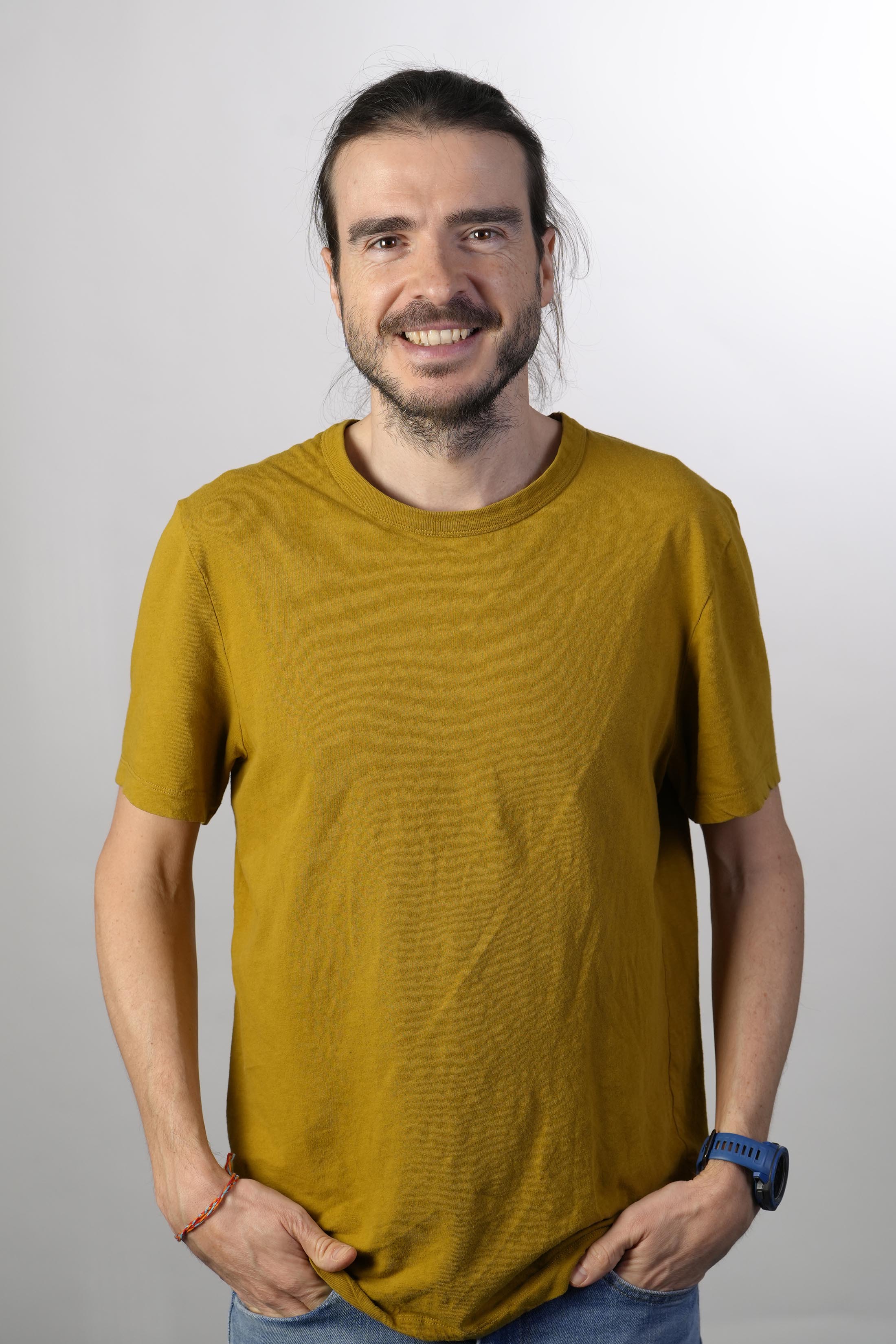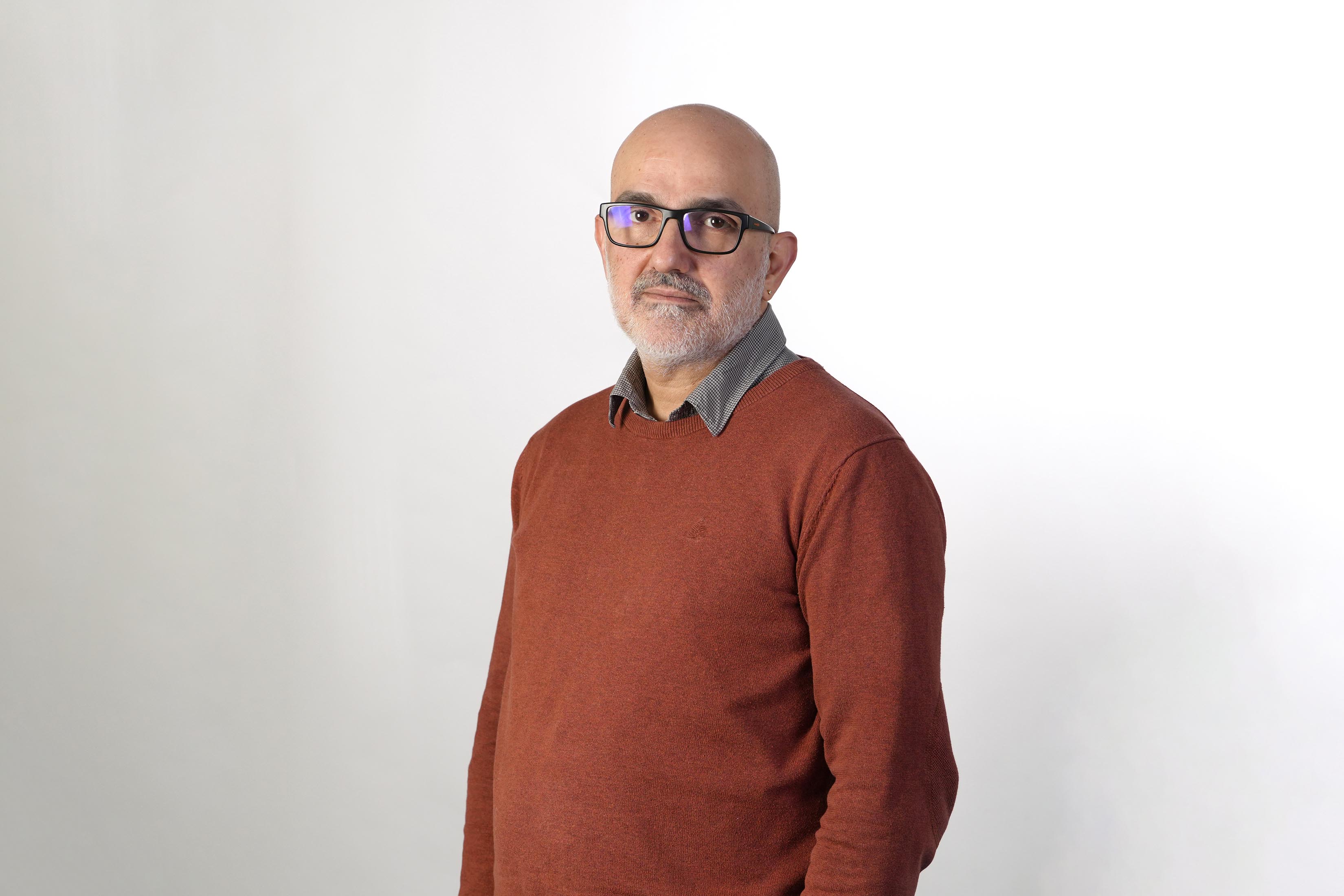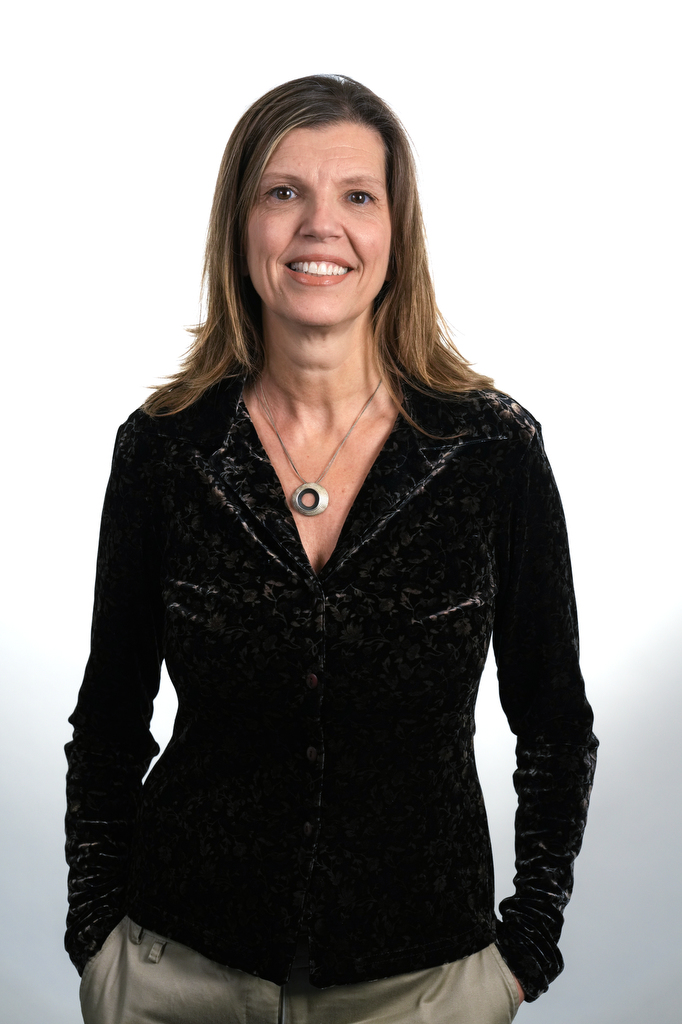Doctoral Programme in Society, Technology and Culture
Presentation
The Society, Technology and Culture (STC) doctoral programme seeks to explain the complex relationships between technology and society. It begins in the 2021-2022 academic year. It is a development of the Information and Knowledge Society programme, which is now being phased out, and picks up the baton from a pioneering research programme focusing on the information and knowledge society
The Society, Technology and Culture (STC) doctoral programme provides tools for analysing the complex relationships between technology and society, understanding and contributing to improving the key challenges that define contemporary societies. It is a multidisciplinary doctoral programme halfway between Social Sciences and Humanities. Among other areas, but not exclusively, it focuses on growing inequalities, various forms of discrimination, sustainability, social and economic innovation, civic mobilization and centre-periphery tensions in increasingly digitized cultural contexts.
The Society, Technology and Culture (STC) doctoral programme seeks to explain the complex relationships between technology and society. It begins in the 2021-2022 academic year. It is a development of the Information and Knowledge Society programme, which is now being phased out, and picks up the baton from a pioneering research programme focusing on the information and knowledge society
The Society, Technology and Culture (STC) doctoral programme provides tools for analysing the complex relationships between technology and society, understanding and contributing to improving the key challenges that define contemporary societies. It is a multidisciplinary doctoral programme halfway between Social Sciences and Humanities. Among other areas, but not exclusively, it focuses on growing inequalities, various forms of discrimination, sustainability, social and economic innovation, civic mobilization and centre-periphery tensions in increasingly digitized cultural contexts. Technology is considered a mediator in social and cultural processes, assuming that it plays a predominant role in the (re)distribution of power.
The focus is on digital technologies and infrastructures, and the non-digital technologies that make up the key infrastructures of contemporary societies are also examined. Technologies (digital and otherwise) are undergoing constant transformation, and it is necessary to continue to study their effects on society and culture in greater depth.
The analysis of different social, political, economic, and cultural systems from the perspective of the intermediation of technology goes beyond the traditional disciplinary fields. The STC doctoral programme is consequently based around integrating various theoretical, epistemological and methodological approaches to create relevant knowledge.
The doctoral programme is linked to the research that takes place in the IN3 research institute and in the Arts and Humanities, Health Sciences, Information and Communication Sciences, Law and Political Sciences, Economics and Business Studies, and Psychology and Education Sciences faculties.
The STC programme is committed to creating accessible and open knowledge that contributes to a more just and sustainable world. In particular, it subscribes to and aims to develop the concepts of Open Science, Creative Commons and Open Data. It also promotes a way of research in accordance with the principles of gender equality and responsible research and innovation (RRI). Finally, the programme shares the transformational goals that are set out in the United Nations sustainable development strategy (the 2030 Agenda).
The STC doctoral programme aims to train professionals with a global and interdisciplinary vision, to work in and influence the fields of social sciences and humanities at an international level, understood in terms of spaces for analysis, participation, decision-making and economic and social production. The Doctoral School and the programme are part of the UOC's strategic objectives that seek to train global professionals and citizens; and to promote transdisciplinarity and open knowledge with everyone and for everyone, creating environments that stimulate the co-creation of knowledge with other agents in society in order to increase its impact.
Competencies:
The doctoral programme develops the following basic competencies (as per Spain's Royal Decrees RD 99/2011 and RD 576/2023):
C1. Systematic understanding of a field of study and mastery of the research skills and methods related to this field.
C2. Conceiving, designing or creating, putting into practice and adopting a substantial research or creation process.
C3. Contributing to expanding the frontiers of knowledge through original research.
C4. Developing a critical analysis and assessment and synthesizing new and complex ideas.
C5. Communicating with the academic and scientific community and with society in general regarding the student's areas of knowledge, employing the formats and languages habitually used in their international scientific community.
C6. Fostering scientific, technological, social, artistic or cultural progress in a knowledge-based society, in academic and professional settings.
C7. Fostering open science and citizen science (in accordance with Article 12 of Spain's Organic Law 2/2023, of 22 March) so as to contribute to the status of scientific knowledge as a common good, with assessment of the doctoral student's performance of interdisciplinary activities relating to the different aspects of open science and citizen science, and the development of skills in both disciplines through microcredentials or similar.
Admission profiles:
The PhD programme in Society, Technology and Culture is for social sciences or humanities students who are seeking to complete their understanding of their field of knowledge and make innovative and relevant academic contributions to it.
Career opportunities:
The programme meets students' needs for specialized training, be this in the more theoretical, methodological or applied facets of the field of study. The main professional opportunities it provides are teaching and specialist research careers (university teaching and academic research staff, and research positions in non-academic sectors). There are also opportunities for public- and private-sector professional analysts capable of diagnosing problems and proposing creative and innovative solutions based on in-depth knowledge of selected matters. Finally, it also provides opportunities for professionals in charge of designing public policy.
| Download the guide for the doctoral programme in Society, Technology and Culture |
Official qualification
The Society, Technology and Culture doctoral programme is a programme that has been verified by the University Council, and its implementation has been authorized by the Government of Catalonia in accordance with current legislation.
The UOC's official university programmes are valid throughout Spain. They are fully recognized academically, and where appropriate, allow the holders to engage in regulated professions, in accordance with the regulations in place in each case.
The certificates are issued with a European Diploma Supplement (DS), which provides information on the courses studied by the student, the results obtained, the professional skills acquired and the qualification's level in terms of the Spanish higher education system. The DS helps students and graduates obtain recognition for their qualifications, and enhances their mobility across the European Higher Education Area (EHEA).
In other countries, the validity of the official university qualifications awarded by the UOC will be determined by each country's education laws.
Official qualification
The Society, Technology and Culture doctoral programme is a programme that has been verified by the University Council, and its implementation has been authorized by the Government of Catalonia in accordance with current legislation.
The UOC's official university programmes are valid throughout Spain. They are fully recognized academically, and where appropriate, allow the holders to engage in regulated professions, in accordance with the regulations in place in each case.
The certificates are issued with a European Diploma Supplement (DS), which provides information on the courses studied by the student, the results obtained, the professional skills acquired and the qualification's level in terms of the Spanish higher education system. The DS helps students and graduates obtain recognition for their qualifications, and enhances their mobility across the European Higher Education Area (EHEA).
In other countries, the validity of the official university qualifications awarded by the UOC will be determined by each country's education laws.
Find out more about:
-
Start
23 Sep 2026
-
Online
100%
-
Admission to the welcome area: March 19, 2025
-
Languages: Spanish, Catalan, English
-
Official qualification
Fully online method
World's first ever online university
Personalized guidance and support
-
The UOC, Spain's best online university
We are rated the best online university in Spain by the main university quality rankings.
Programme quality
The quality of this degree programme is endorsed by the Catalan University Quality Assurance Agency (AQU), which ensures that rigorous standards, including those demanded by the EHEA, are met.





